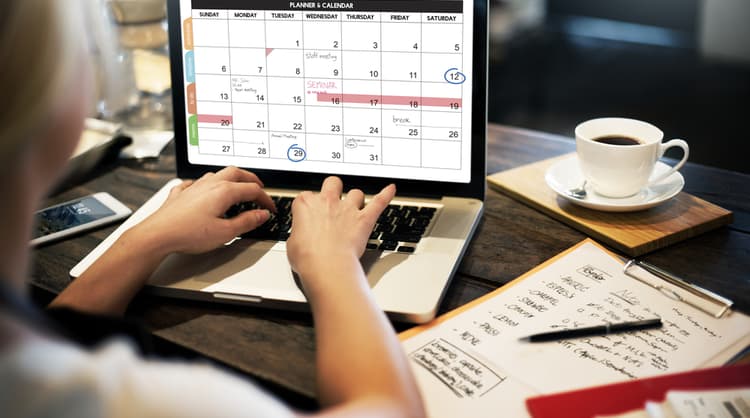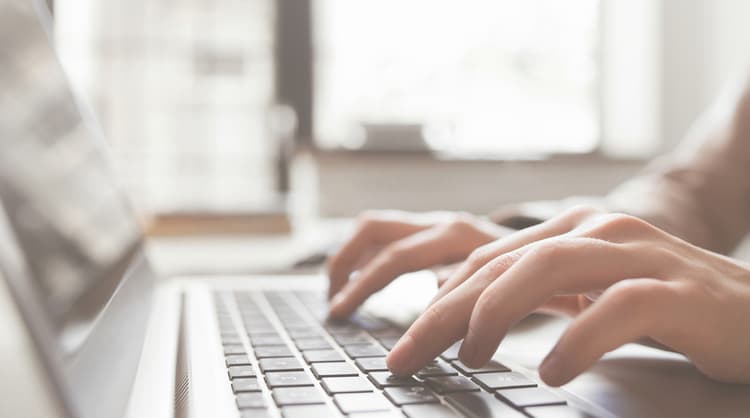How to look after your mental health during the coronavirus outbreak

A few weeks ago, you may have had plans to ask your boss for a raise or book your holiday over the Easter break. Now, amidst the coronavirus outbreak you must navigate a new reality that’s consuming your day-to-day life—staying at home and keeping yourself busy.
The uncertainty surrounding coronavirus and how it will affect us in the future, coupled with the physical isolation restrictions may leave you feeling anxious. It is normal to feel this way and many people, especially those who have lost their jobs may worry that things are going to get worse before they get better.
However, despite the instability we’re facing, there are things we can do to maintain a positive outlook and come out the other side. Here are five things you can do to take care of your mental health during this challenging time.
1. Limit your exposure to news media coverage.
While it is important to stay updated, consuming too much information at this time is going to wreak havoc on your mental health. Find the right balance between staying updated and managing your exposure to the news. Choose reliable and reputable sources of information such as the Australian Department of Health, World Health Organization and Smart Traveller to ensure you’re complying with the latest regulations.
2. Set a schedule and follow it.

While there is absolutely nothing wrong with getting a bit of extra sleep—too much of it can make you feel lethargic, which makes doing other things more difficult. Research has shown that when we know what to expect and what’s expected of us, we adopt a more positive mindset and are far less likely to punish ourselves psychologically.
Likewise, if you are working from home and have not yet established boundaries, now is a good time to do so. Keep your work hours within reason, take regular breaks and make time for your family to avoid burning out.
Establishing a schedule doesn’t have to be complicated. Consider the tasks or activities you engage in everyday and make a rule for yourself to do what you set out to do, whether that’s exercise, doing the dishes, working on a project or hobby or preparing a healthy meal. Set calendar reminders or write a list in your notebook, it may seem strange at first if your previous routine was a little more set in stone, but it will help you adjust to this new lifestyle in the meantime.
3. Make time for physical exercise.
Exercise may be the last thing you feel like doing, but research shows that exercise is one of the most effective ways to improve your mental wellbeing. It’s no secret that exercise is beneficial for many reasons, but it can also reduce stress and mental health conditions like depression and anxiety.
Exercise increases blood circulation and communicates to several regions of the brain, including the limbic system, which controls motivation and mood; the amygdala, which responds to stress; and the hippocampus, which plays an important part in memory formation as well as in mood and motivation.
While you may not be able to go to the gym or take a walk outside, there are plenty of fitness videos on YouTube that you can do in the comfort of your own home without the need for gym equipment. Whether you need a high intensity workout to sweat to or a calming low impact routine to keep you grounded, find something that works for you and that you’ll stick with.
4. Learn a new skill.

It may feel like you have no control over what’s happening in the world, but you can take back some control by proactively working on yourself, developing new skills and improving your existing knowledge. Learning a new skill will not only keep your mind sharp, it can also help you build on your career and discover new opportunities.
5. Stay in touch with friends and family.
Social connectedness is crucial at this time and although physical distancing means we can’t visit our friends like we normally would, the good news is that modern technology enables us to communicate with anyone, anywhere in the world. There’s nothing stopping you from scheduling in a Skype meeting with your mum or jumping onto a video group chat with your friends using apps like Houseparty or Bunch. These apps include features like games to make your chats feel a little more like a social hang out.
Staying connected in this way can offset some of the anxiety and mental health impacts of the pandemic and keep you busy during those times when you have nothing else to do but think. If you’re feeling especially anxious or depressed, talk through your feelings with a trusted relative or seek a telehealth counselling service such as Lifeline and Beyond Blue.
Governments are doing what they can to contain the situation and as long as people follow through on instructions, we will see infection rates fall. It’s also worth noting that the mandatory period of isolation is only temporary to help slow down the spread of the virus and once we get through it, things will return to normal. The impacts of COVID-19 may be felt for months to come, but it’s important to remember that we will overcome it.


)
)

